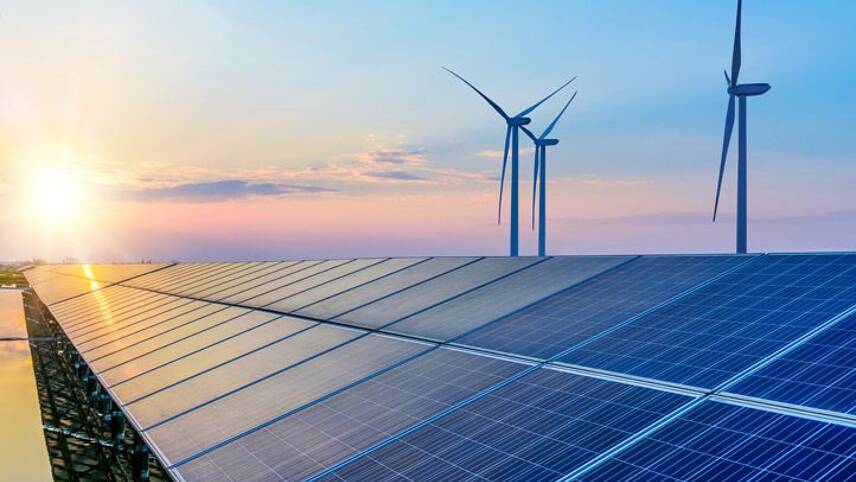Register for free and continue reading
Join our growing army of changemakers and get unlimited access to our premium content

Global investment in clean energy technology manufacturing surged by 75% compared to the previous year.
This is based on a survey carried out by AECOM, a global infrastructure consulting firm, involving approximately 850 senior executives from companies across nine different industries and operating in 22 countries.
According to the research, 49% of businesses anticipate a substantial revenue boost from the energy transition, while only 14% hold the contrary view.
Furthermore, 46% of the respondents are driven to engage in the energy transition because they view it as a business opportunity rather than a mandatory and expensive obligation.
According to the International Energy Agency (IEA), global spending on clean energy is projected to reach $1.7trn in 2023, outpacing the $1.1trn allocated to fossil fuels.
AECOM’s chief executive officer Troy Rudd said: “In pursuit of clean, secure and affordable energy goals, a massive shift in how energy is produced, consumed and managed is already getting underway around the world.”
Nevertheless, only 17% of the surveyed organisations have reached what they describe asan advanced stage in their primary decarbonisation goals, despite nearly three-quarters of the respondents stating that they are accelerating their alignment with the energy transition.
The research further highlights that while there is corporate recognition and endorsement of the economic potential in the energy transition, almost a third of businesses are encountering challenges in pursuing accelerated actions due to the high expenses linked to implementing new technologies.
Moreover, a quarter of the respondents cite high energy costs as a reason for delayed climate ambitions, while 30% of organisations report that they cannot attract the skilled professionals needed to implement their energy transition efforts.
The research provides business recommendations for a ‘predictable’ energy transition, emphasising the importance of policymakers creating clear and consistent regulations, non-political organisations advocating for regulatory stability, and governments and regulators coordinating with non-governmental stakeholders to address global net-zero challenges through common standards and principles to achieve wider progress.
UK firms cut back on decarbonisation due to high costs
A recent poll from Aviva found that 44% of UK businesses claim to have established strategies for reducing emissions, which is a 10% increase from 2022.
Furthermore, 66% of these businesses express concerns about the potential impacts of climate change on their operations, reflecting a year-on-year increase of 12%.
However, economic constraints have forced many companies to temporarily halt or scale back their decarbonisation efforts, with 42% pausing their decarbonisation investments, and 56% stating that carbon reduction is presently financially challenging.


Please login or Register to leave a comment.